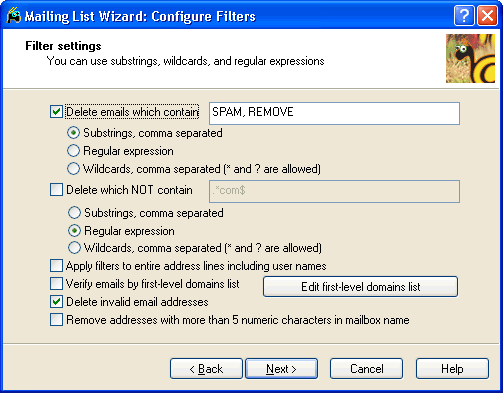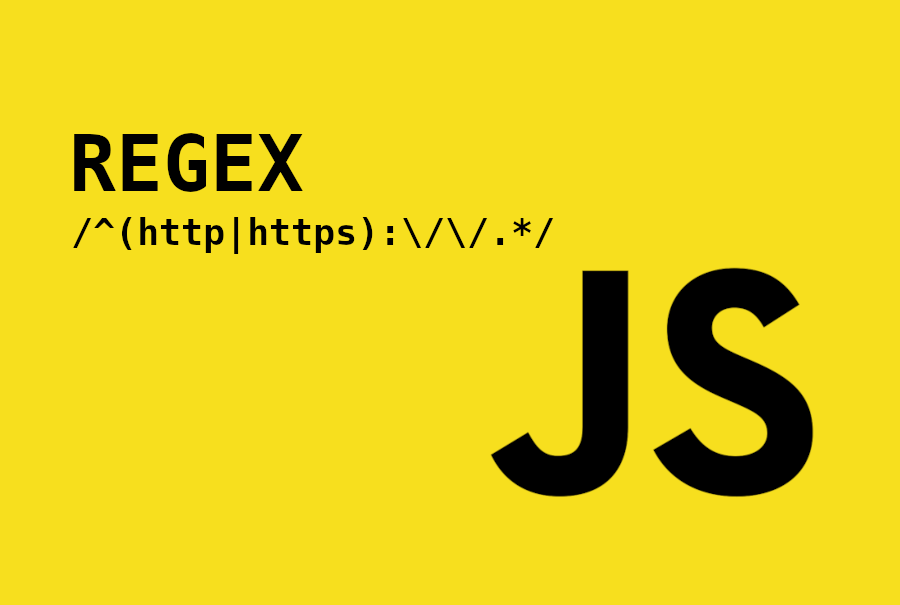
- PERL REGULAR EXPRESSION NOT CONATINING A PATTERN HOW TO
- PERL REGULAR EXPRESSION NOT CONATINING A PATTERN FULL
This script will test if a certain number of files with 1-4 in their filename exist and print their filename. How do I get this regular expression to work in an if/else statement? This is just a little script for learning BASH. So why is the double escaping needed ? View 3 Replies View Related Programming :: String Comparison - Get Regular Expression To Work In If / Else Statement? Jun 29, 2010
PERL REGULAR EXPRESSION NOT CONATINING A PATTERN FULL
The escaped full stop seems to be ignored however this works : Which finds them but also files like mozilla. I want to find all my files that end with. I have been battling with regular expressions and am a little lost. How would this be possible? Would you have to use sed? View 4 Replies View Related Programming :: Regular Expression Double Escape For Files That End With. Say you have this in an HTML file, where (number) stands for a one or two-digit number:
PERL REGULAR EXPRESSION NOT CONATINING A PATTERN HOW TO
I remember reading that using sed, you can do this with parentheses: s/abc(something)def/(something)else/g I can't find an explanation of how to do something like this with Awk. I wanted to use a regular expression in parantheses like (()]) to get the specific letters.īut why the regexp in () isn't working View 16 Replies View Related Programming :: Awk - Substitution With Parts Of Matched Regular Expression Used? Apr 30, 2011 However I don't understand why the regular expresion in parentheses doesn't work how I woud expect. View 13 Replies View Related Programming :: Use A Regular Expression In Parantheses Like (()]) To Get The Specific Letters? May 3, 2010 is there any other method not involving regex substitution? here's the function doing the convertion/comparison Running a regex on each record for large files, say, one containing a quarter million records, is extremely costly. Assume that a date is formated as such: 22/Dec/2009:00:19 (day/month/year:hour:minute) Currently, I'm using a regular expression to replace the month name with its numeric value, remove the separators, so the above date is converted to: 221220090019 making a date comparison trivial. I'm writing a loganalysis application and wanted to grab apache log records between two certain dates. Its not working so shall i assume regex dont work with replace function ? View 1 Replies View Related Programming :: AWK: Compare Apache Dates Without Using Regular Expression May 15, 2010 Ofcourse this is a simple example for my query. I cant use regular expression in replace function. View 9 Replies View Related Programming :: Python Replace() With Regular Expression? Mar 16, 2011 The last character that precedes the number to extract is always a ">" (coming from an HTML tag). The random text (before and after) may contain numbers too, so the € may be important to parse, in order to correctly identify the number to return. I want the numeric value that precedes this € occurrence. There is always one occurrence of € in each line. I have a test.txt file containing many lines like the following ones : I've spent most of the evening browsing the web, trying many things I've found on various forums, but nothing seems to work. View 2 Replies View Related Programming :: Extract A Substring Using Regular Expression With SED May 7, 2011




 0 kommentar(er)
0 kommentar(er)
